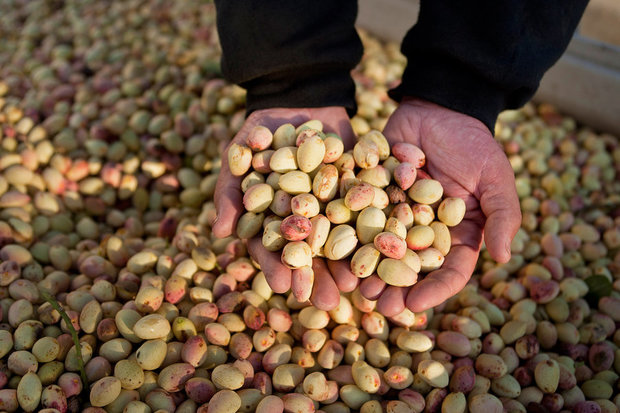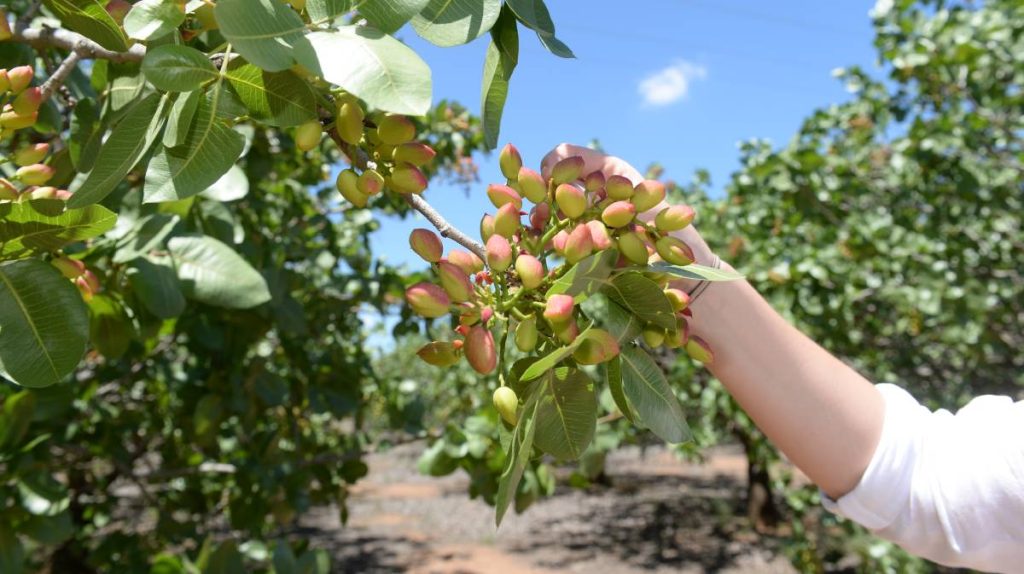
The global demand for pistachios continues to rise, driven by their nutritional value, unique flavor, and versatility in culinary applications. For wholesale buyers and distributors in the dried fruit and nut industry, understanding the distinctions between organic and conventionally grown pistachios is crucial for making informed purchasing decisions, meeting consumer preferences, and potentially commanding premium pricing. This article delves into the core differences, highlighting the benefits and implications for the wholesale market.
What Defines Organic Pistachios?
Organic pistachios are cultivated following strict standards set by certifying bodies, such as the USDA National Organic Program (NOP) or equivalent international organizations. These standards emphasize environmental stewardship and prohibit the use of synthetic inputs. Key differentiating factors include:
- Pesticide and Herbicide Use: Organic farming strictly forbids the use of synthetic pesticides, herbicides, and fungicides. Instead, farmers rely on natural methods for pest and weed control, such as beneficial insects, crop rotation, cover cropping, and approved natural substances. This minimizes the presence of chemical residues in the final product.
- Fertilizers: Synthetic fertilizers are not permitted in organic pistachio cultivation. Farmers use natural fertilizers like compost, animal manure, and green manure to enrich the soil and provide nutrients. This approach promotes soil health, biodiversity, and long-term soil fertility.
- Genetically Modified Organisms (GMOs): Organic standards prohibit the use of genetically modified seeds or materials. Organic pistachios are grown from non-GMO sources.
- Soil Management: Organic practices focus on building and maintaining healthy soil ecosystems. This involves practices that enhance soil structure, water retention, and microbial activity, contributing to more resilient and productive trees.
- Environmental Impact: Organic farming generally has a lower environmental footprint. By avoiding synthetic chemicals, it helps protect water sources from contamination, supports biodiversity above and below ground, and contributes to a healthier ecosystem for surrounding flora and fauna.

Conventional (Non-Organic) Pistachio Farming:
Conventional pistachio farming, while also adhering to certain regulations regarding pesticide use, allows for the application of synthetic pesticides, herbicides, fungicides, and fertilizers to manage pests, diseases, and nutrient deficiencies. These practices can lead to:
- Chemical Residues: While conventional farming adheres to Maximum Residue Limits (MRLs), the potential for detectable levels of synthetic chemical residues in the final product exists.
- Potential Environmental Concerns: The overuse or improper management of synthetic chemicals can lead to soil degradation, water contamination, and harm to non-target organisms, impacting local biodiversity.
- Cost Efficiency: In some cases, conventional methods can be more cost-effective in the short term due to faster pest and weed control and readily available synthetic inputs.
Why Should Wholesale Buyers Care?
- Consumer Demand: There is a growing segment of consumers actively seeking organic products, driven by health consciousness and environmental concerns. Offering organic pistachios allows you to tap into this expanding market.
- Product Quality and Safety: The absence of synthetic chemical residues in organic pistachios can be a significant selling point, assuring buyers of a cleaner, potentially safer product.
- Brand Reputation and Market Differentiation: Sourcing and marketing organic pistachios can enhance your brand’s reputation for quality, sustainability, and ethical practices, differentiating you from competitors.
- Premium Pricing: Organic products often command higher prices due to the specialized farming methods and certification costs. This can lead to improved profit margins for wholesale buyers who can effectively market the organic premium.
- Traceability and Certification: Organic certification provides a level of assurance and traceability, which is increasingly valued by downstream customers and retailers.
Key Considerations for Wholesale Procurement:
- Certification Verification: Always ensure that the organic pistachios you procure are certified by a recognized organic certification body. Request documentation to verify the authenticity of the organic claim.
- Supplier Reliability: Partner with reputable suppliers who have a proven track record in organic farming and supply chain management.
- Storage and Handling: Maintain appropriate storage and handling conditions to preserve the quality of both organic and conventional pistachios, preventing cross-contamination.
- Market Trends: Stay informed about market trends and consumer preferences regarding organic versus conventional produce in your target markets.
In conclusion, while both organic and conventional pistachios offer nutritional benefits, the organic designation signifies a commitment to specific cultivation practices that prioritize environmental health and minimize synthetic chemical inputs. For wholesale buyers, understanding these differences empowers strategic sourcing, targeted marketing, and the ability to cater to a discerning and growing customer base.
Keywords: Organic pistachios, conventional pistachios, wholesale pistachios, dried fruit wholesale, nut market, organic farming, sustainable agriculture, pesticide-free, non-GMO, food safety, wholesale buyers, pistachio suppliers, agro-ecology, natural fertilizers, chemical residues.
Contact Information for Wholesale Purchases:
For wholesale inquiries and purchases of pistachios and dried fruits, please contact:
Mr. RavanShad
WhatsApp: +989214773705
This contact information is provided for business purposes and can be used by potential wholesale buyers.


Vicky
July 17, 2025pistaluxe.com pistaluxe.com